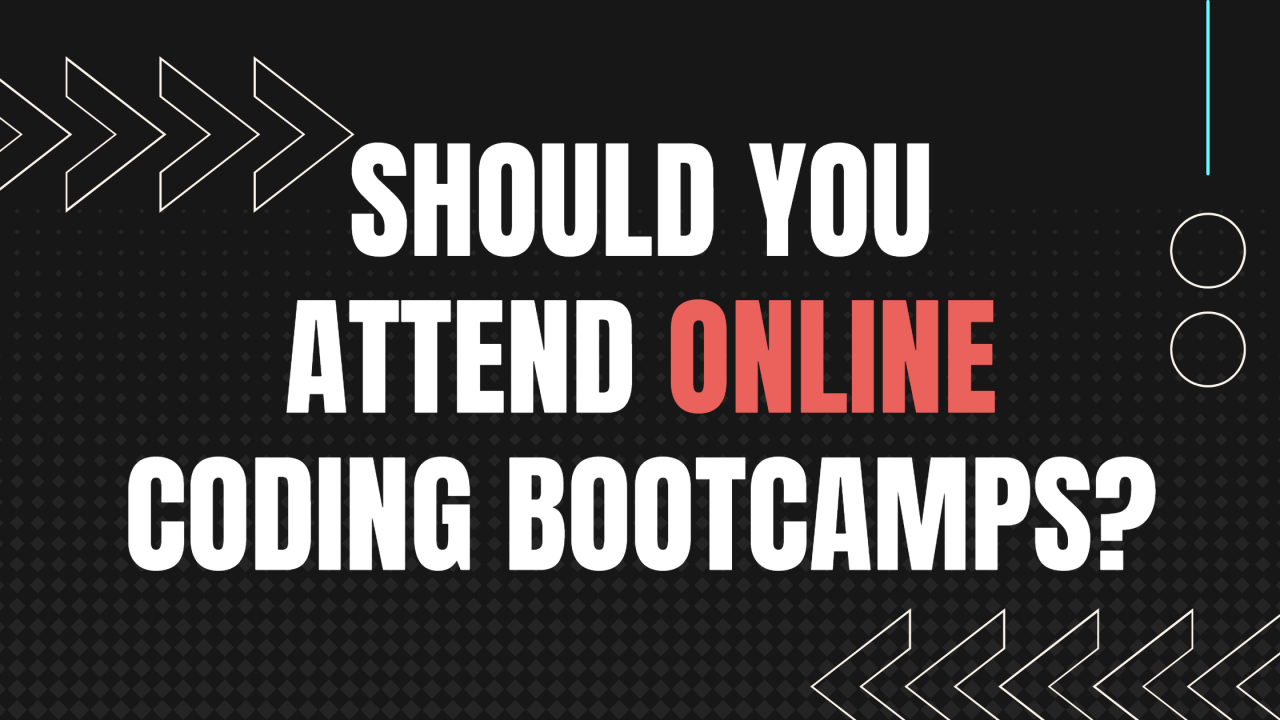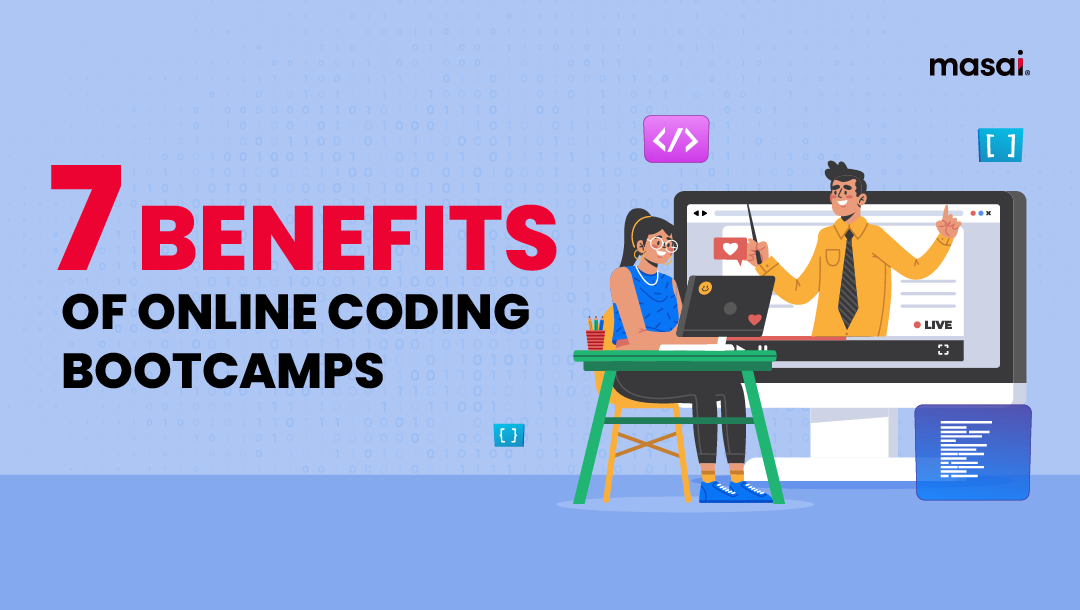Financial Considerations

The decision to attend a coding bootcamp involves a significant financial investment. It’s crucial to carefully weigh the costs against the potential return on investment (ROI) to make an informed decision. This section will explore the financial aspects of bootcamp attendance, including tuition fees, living expenses, loan repayments, and alternative learning pathways.
Bootcamp Costs and Potential Salary Increases
Coding bootcamps vary significantly in price, ranging from a few thousand dollars to over $20,000. Tuition fees are only one component; you must also consider living expenses during the program, which can include rent, utilities, food, and transportation. Furthermore, many students finance their bootcamp education through loans, leading to post-graduation loan repayments. A realistic budget should include all these factors. For example, a bootcamp costing $15,000 with a three-month duration might require an additional $6,000-$9,000 for living expenses, depending on location. Post-graduation, securing a job with a salary that comfortably covers loan repayments and living costs is paramount. The average starting salary for bootcamp graduates varies greatly based on location, program specialization, and individual skills. However, a significant salary increase compared to pre-bootcamp earnings is typically expected.
Return on Investment (ROI) for Different Bootcamp Programs
The ROI of a coding bootcamp is a critical factor in the decision-making process. It represents the net benefit after accounting for all costs and the increased earning potential. A higher ROI indicates a more financially sound investment. The following table provides hypothetical examples; actual figures vary widely depending on specific programs and individual circumstances. Remember that these are estimations and actual results may differ.
| Bootcamp Name | Tuition Cost | Average Starting Salary | Estimated ROI (Years to Break Even) |
|---|---|---|---|
| Codecademy Pro | $399/year | $60,000 | Less than 1 year (assuming a pre-bootcamp salary significantly lower than $60,000) |
| App Academy | $17,000 | $80,000 | Approximately 1-2 years |
| Flatiron School | $17,000 | $90,000 | Approximately 1 year |
| General Assembly | $15,000 | $75,000 | Approximately 1-2 years |
Alternative Learning Paths and Cost-Effectiveness
Self-teaching and online courses offer alternative paths to acquiring coding skills, often at a significantly lower cost than bootcamps. Resources like freeCodeCamp, Codewars, and Coursera provide comprehensive learning materials at minimal or no cost. However, self-directed learning requires significant discipline, self-motivation, and time management skills. Online courses, while more structured than self-teaching, usually lack the intensive mentorship and networking opportunities provided by bootcamps. The cost-effectiveness of these alternatives depends heavily on the individual’s learning style, available time, and ability to stay focused and motivated. For instance, a person with a strong self-learning ability might find free resources sufficient, while someone who benefits from structured learning and community support might find a bootcamp a more effective, albeit more expensive, investment. The choice ultimately depends on individual circumstances and learning preferences.
Career Goals and Bootcamp Suitability

Choosing a coding bootcamp requires careful consideration of your career aspirations. A bootcamp’s intensity and focus necessitate a clear understanding of your desired career path and how the bootcamp’s curriculum aligns with those goals. This section explores various career paths achievable after a bootcamp and the advantages and disadvantages of specialized versus general programs.
Specific Career Paths After a Coding Bootcamp, Should i go to a coding bootcamp
Coding bootcamps offer pathways to diverse tech roles. Successfully navigating these paths depends on acquiring relevant skills and mastering specific technologies. The following are three examples of potential career trajectories.
- Full-Stack Web Developer: This role requires proficiency in both front-end (user interface) and back-end (server-side logic) development. Essential skills include HTML, CSS, JavaScript, a back-end language like Python, Node.js, or Ruby on Rails, and experience with databases (SQL, NoSQL). Frameworks such as React, Angular, or Vue.js for front-end and Express.js or Django for back-end are also highly valuable.
- Data Scientist: Data scientists analyze large datasets to extract meaningful insights. Required skills encompass programming languages like Python or R, statistical modeling, data visualization techniques, and experience with big data tools like Hadoop or Spark. Familiarity with machine learning algorithms and cloud computing platforms (AWS, Azure, GCP) is increasingly important.
- Cybersecurity Analyst: This role focuses on protecting computer systems and networks from cyber threats. Necessary skills include network security principles, ethical hacking techniques, experience with security tools and protocols (firewalls, intrusion detection systems), and knowledge of various operating systems and programming languages for scripting and automation.
Specialized vs. General Bootcamp Programs
The choice between a specialized and a general coding bootcamp presents a trade-off. Specialized bootcamps offer in-depth training in a specific area (e.g., web development, data science), leading to quicker career focus. However, this limits flexibility for future career changes. General programs provide a broader foundation but might lack the depth required for immediate specialization in a competitive job market. The best choice depends on your existing skills, career goals, and risk tolerance.
Job Market Demand for Coding Bootcamp Graduates
The following table provides a hypothetical comparison of job market demand across different bootcamp specializations. Note that actual figures vary significantly based on location, bootcamp reputation, and individual skills. The data presented here is illustrative and should not be considered definitive.
| Bootcamp Specialization | Average Job Offers | Average Starting Salary (USD) | Job Satisfaction Metrics (Scale of 1-5, 5 being highest) |
|---|---|---|---|
| Full-Stack Web Development | 3-5 | 60,000 – 80,000 | 4.2 |
| Data Science | 2-4 | 75,000 – 100,000 | 4.0 |
| Cybersecurity | 2-3 | 70,000 – 90,000 | 4.5 |
| General Programming | 1-3 | 55,000 – 70,000 | 3.8 |
Time Commitment and Lifestyle Impact: Should I Go To A Coding Bootcamp

Coding bootcamps are intensive programs demanding a significant time commitment. Successfully completing one requires dedication and a willingness to prioritize the program above many other aspects of life, at least temporarily. The overall impact on personal life varies greatly depending on the individual, the bootcamp’s intensity, and pre-existing commitments.
The sheer volume of material covered in a short timeframe necessitates consistent effort. Expect a demanding schedule that will challenge your ability to balance learning with other responsibilities.
Daily Schedule and Workload
A typical day for a coding bootcamp student involves a full day of in-class instruction, typically spanning 6-8 hours. This includes lectures, hands-on coding exercises, group projects, and sometimes even guest speakers or workshops. Following the in-class portion, students should expect to dedicate at least another 3-5 hours to independent study, homework assignments, and personal projects. This means that many students will spend 9 to 13 hours a day, 5-6 days a week, engaged with their bootcamp studies. Weekends are often dedicated to catching up on work, working on projects, or preparing for upcoming assessments. Extracurricular activities, such as networking events or hackathons, may add further time commitments. For example, a student might have a daily schedule like this: 9:00 AM – 5:00 PM: In-class sessions, 5:00 PM – 8:00 PM: Homework and self-study, 8:00 PM – 9:00 PM: Dinner and relaxation, 9:00 PM – 11:00 PM: Further self-study or project work. This is just an example; schedules will vary depending on the bootcamp and individual student needs.
Impact on Personal Life and Relationships
The intensive nature of coding bootcamps significantly impacts personal life and relationships. Social activities, hobbies, and even family time are often reduced or temporarily put on hold. Maintaining a healthy work-life balance during this period requires careful planning and prioritization. Students may find it challenging to maintain their existing social circles or form new ones due to the time constraints. Partners and family members need to be understanding and supportive of the commitment involved. Many students report feeling stressed and overwhelmed during the program, and open communication with loved ones is crucial to navigating this challenging period. For instance, a student might postpone a planned vacation, reduce time spent with friends, or even have to temporarily pause participation in a sports league.
Maintaining a Healthy Lifestyle
The intense focus required for bootcamp success can lead to neglecting physical and mental well-being. Students often experience sleep deprivation, poor diet, and lack of exercise. Maintaining a healthy lifestyle during the bootcamp is essential for preventing burnout and maintaining mental clarity. Students should make a conscious effort to incorporate regular physical activity, nutritious meals, and sufficient sleep into their schedules, even if it means sacrificing some study time. Finding time for relaxation and stress-reducing activities is equally important. For example, a student might incorporate short daily walks, meditation, or mindful breathing exercises into their routine. Bootcamps may also offer resources such as wellness workshops or mindfulness sessions to support student well-being.


Tim Redaksi